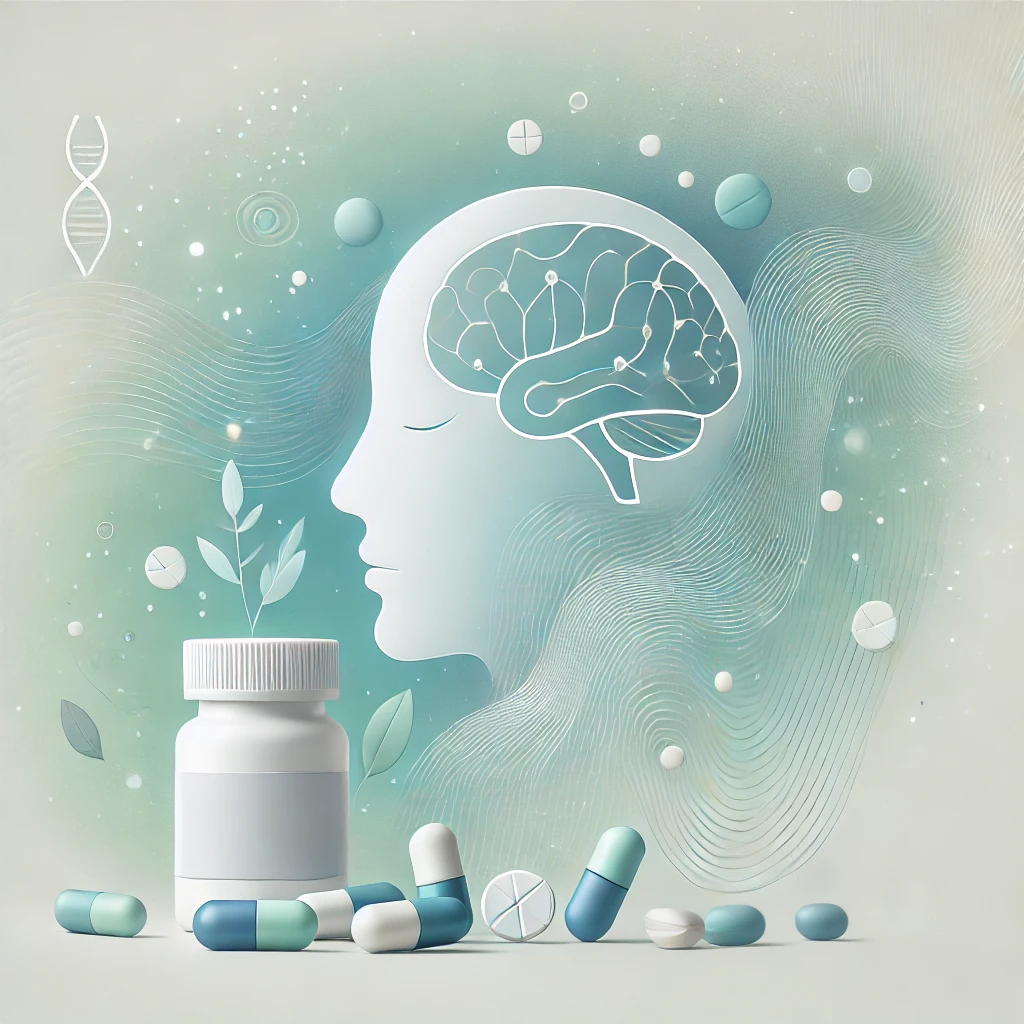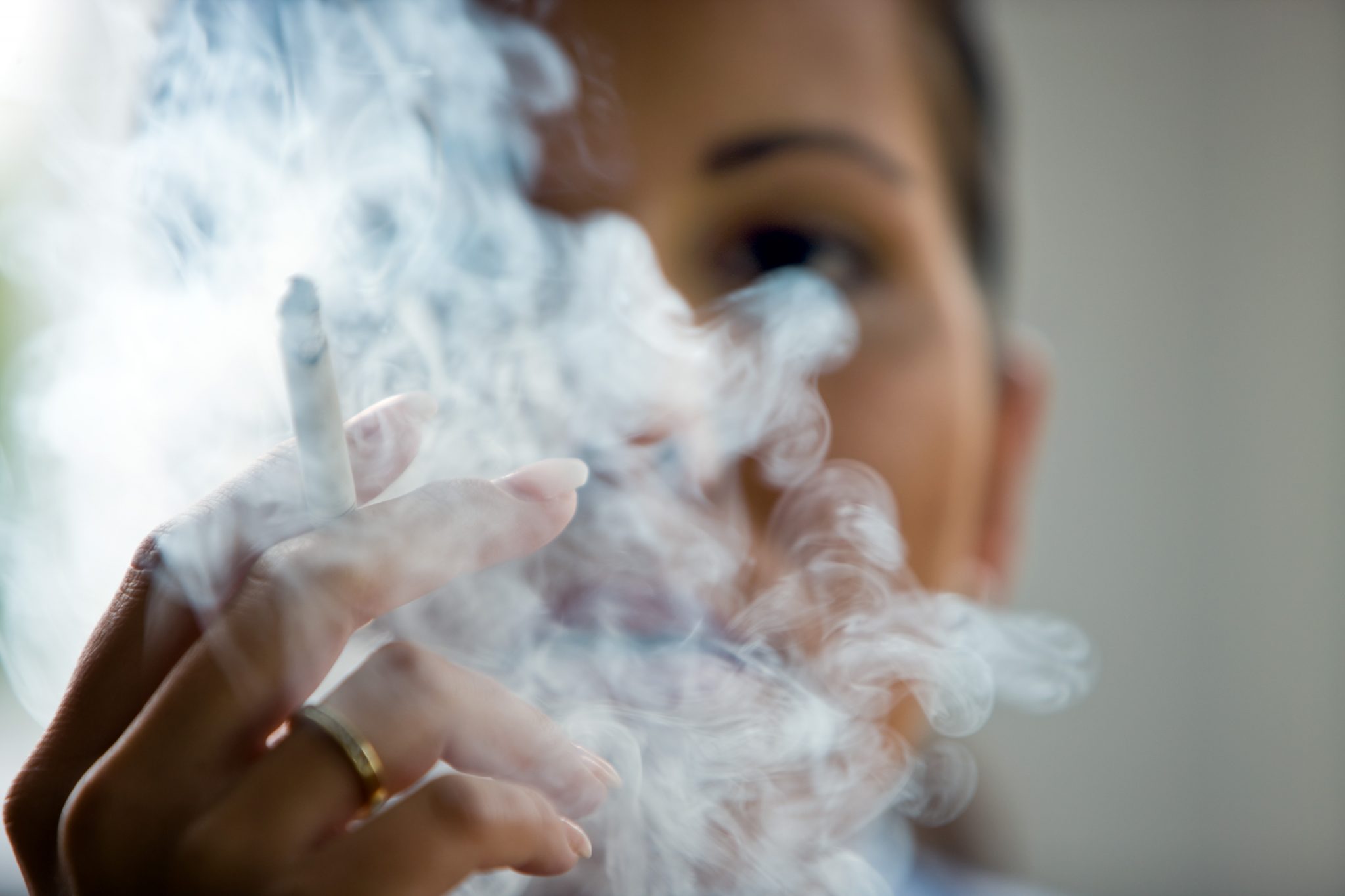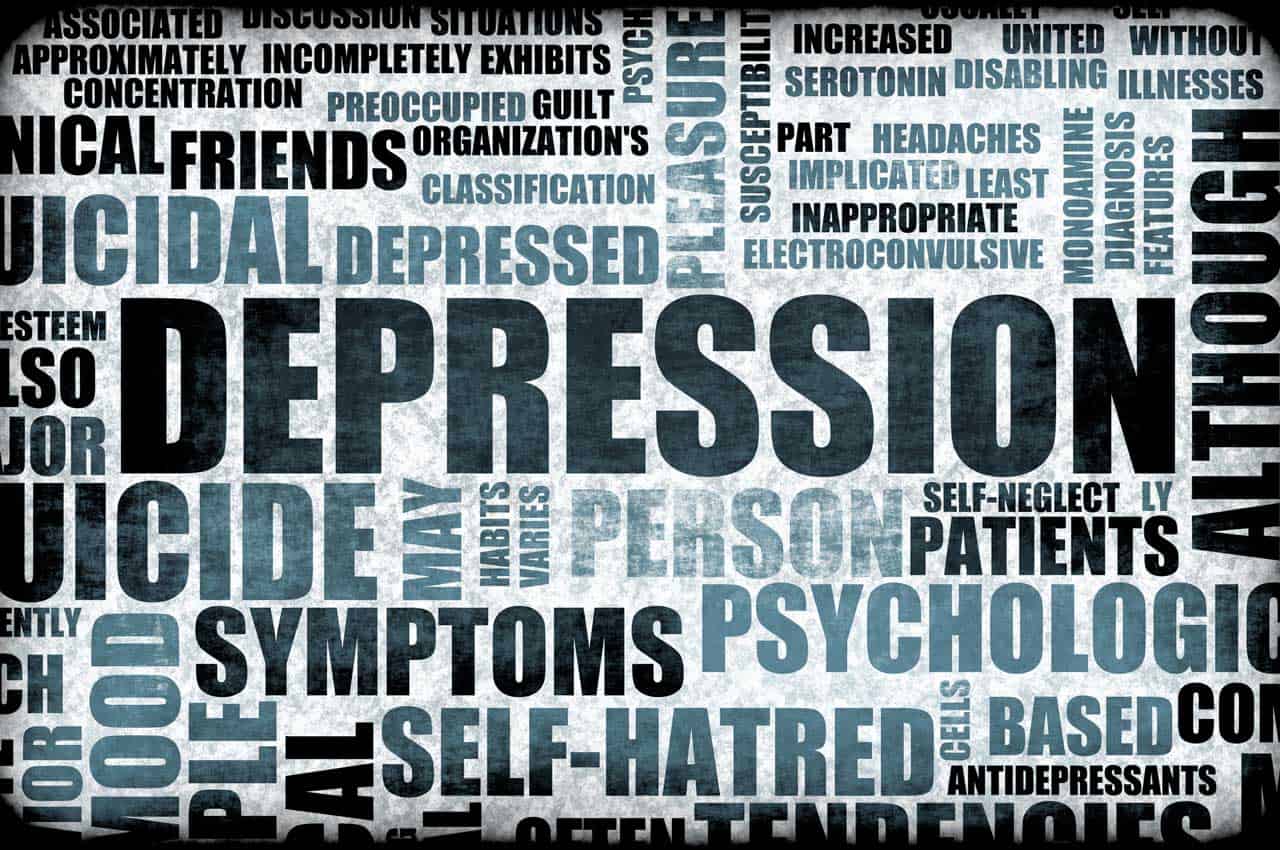What is Ketamine?
Ketamine, also known as Ketalar, Ketaset, and Ketanest, is a medication that’s currently FDA approved only as an anesthetic but it’s showing great potential as a treatment for severe depression. In fact, numerous Ketamine Clinics have begun to appear throughout the United States to solve this problem. Depressed patients with stubborn symptoms get relief within hours rather than weeks with conventional anti-depressants. Doctors can only prescribe ketamine for depression off-label because studies are relatively new, but experts are saying that ketamine is one of the biggest breakthroughs in severe depression treatment to come along in decades.
Ketamine is a powerful pain reliever and a relaxant, but at higher doses it can also induce unconsciousness and disturbances in how a person experiences sight and sound. Currently, ketamine is scheduled as a class III drug and it’s created a lot of controversy among experts who disagree about whether it’s safe for doctors to prescribe it as a treatment for chronic depression. Despite the intrigue and the need for additional research to establish its safety and efficacy, ketamine clinics are now offering infusion treatments to patients all over the United States.
Effects of Ketamine
As a street drug, ketamine creates a sense of dissociation and can change a person’s sense of hearing and sight, but for patients with severe depression, ketamine relieves mood problems within hours or sometimes moments for about 85% of those treated. While conventional anti-depressants can take several weeks to take effect, studies have shown that ketamine often improves depression symptoms almost immediately. Patients typically feel better within hours.
Doctors, dentists, and psychiatrists prescribe ketamine to help their patients achieve a variety of different health goals. Doctors often use ketamine in FDA approved situations such as procedures involving cardiac catheterization, orthopedics, skin grafting, or diagnostics involving the eye, ear, nose, and throat. Surgical dentists may also use ketamine as an anesthesia during tooth extractions. After other treatment options have been attempted and failed, doctors may use ketamine to treat certain types of seizures in patients with status epilepticus.
Researchers demonstrated in 2014 that ketamine reduced symptoms of post-traumatic stress disorder in 41 patients and there are other exciting possibilities on the horizon in terms of PTSD treatment. Treatment-resistant depression and substance use disorders could both be treated with this drug, though many medical professionals view ketamine treatment for these mental health issues as controversial.


























